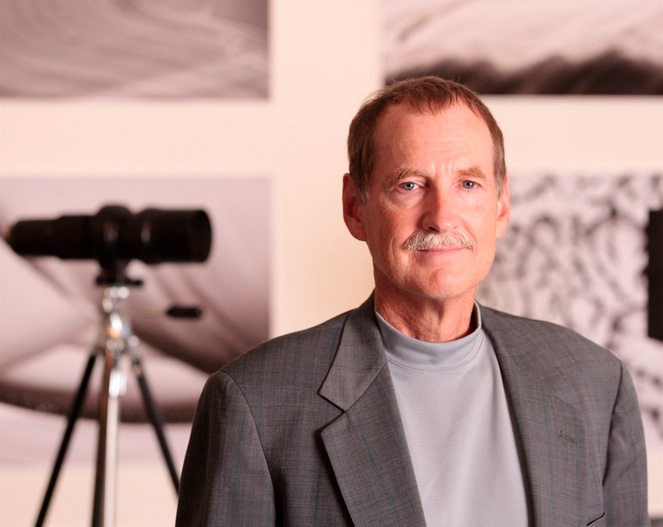Impetus Proceeds
October 6, 2014
.jpeg)
Out exploring the streets during the New York City winter IDSVA residency. Wispy impressions of a wet day, external objects and energy fields obey the laws of physics regardless of observational variances. Things actually exist and we are equipped to respond in a way that supports decision-making and subsequent action. Beyond efficient functionality, however, the imagination is equipped to use actual existent source material to fabricate an internal fantasy world. Controlled photography can actualize free-play of the imagination, with advancing experience building a stronger foundation for inspired potential.
Mikhail Bakhtin recognized that experience is unavoidably subjective. Each individual is an aggregate of variance, rendering unique and equally valid worldviews a condition of existence in a social collective. Allowing these polyphonic voices equivalency in the dialectic exchange enriches aesthetic and cultural understanding, better representing social reality. With a complete and total acceptance of subjectivity as a polyphonic heteroglossicity, does objectivity become unattainable or merely pure fantasy? If we fully accept and embrace individual subjectivity and further extend subjectivity to an inclusive polyphony of voices, then a comprehensive understanding of subjectivity results. In such a scenario, no particular voice is dominant, but rather a broad amalgamation of generalized or universal voices speaking closer to objective truth in their chorus emerges. This might represent a positive failure of the postmodern rejection of universal objective truth.

Needing to develop an argument for a new theory of subjectivity predicated on the Bakhtinian notion of the “polyphonic,” I begin to consider individual voices speaking in parallel as nodes of equivalency. Bahktin advocates for the superiority of a subjective-plurality in mutual dialog, lacking any individual authority. He postulates that the resulting aggregate informational-content more closely approaches truth when more dissimilar subjective voices, in greater numbers, are in simultaneous discourse. My new theory of Subjective Transcendence recognizes the danger of this condition. Soon the combined subjective cacophony becomes incoherent in its chorus, reaching the level of background noise. Background noise is a form of acoustic pollution or interference, requiring separation and cancellation from the essential significant information in attendance.
Furthermore, favoring one form of subjectivity (pluralistic rather than individual) over another is splitting hairs. The more significant aspiration relative to subjectivity is to mitigate its influence, rising above limitations in an effort to reach truth not under any subjective control. The goal of Subjective Transcendence is to obtain an objective understanding of truth outside of a subject’s (or multiple subjects) individual biases, interpretations, feelings, and imaginings. This ambition, similar to Hegel’s notion of the Absolute, is approachable but can never be finalized.
“Be it external or internal, some object there always is that my imagination is representing. My imagination, it is true, can go from one to the other, I can by turns imagine a nought of external perception or a nought of internal perception, but not both at once, for the absence of one consists, at bottom, in the exclusive presence of the other.” – Henri Bergson
